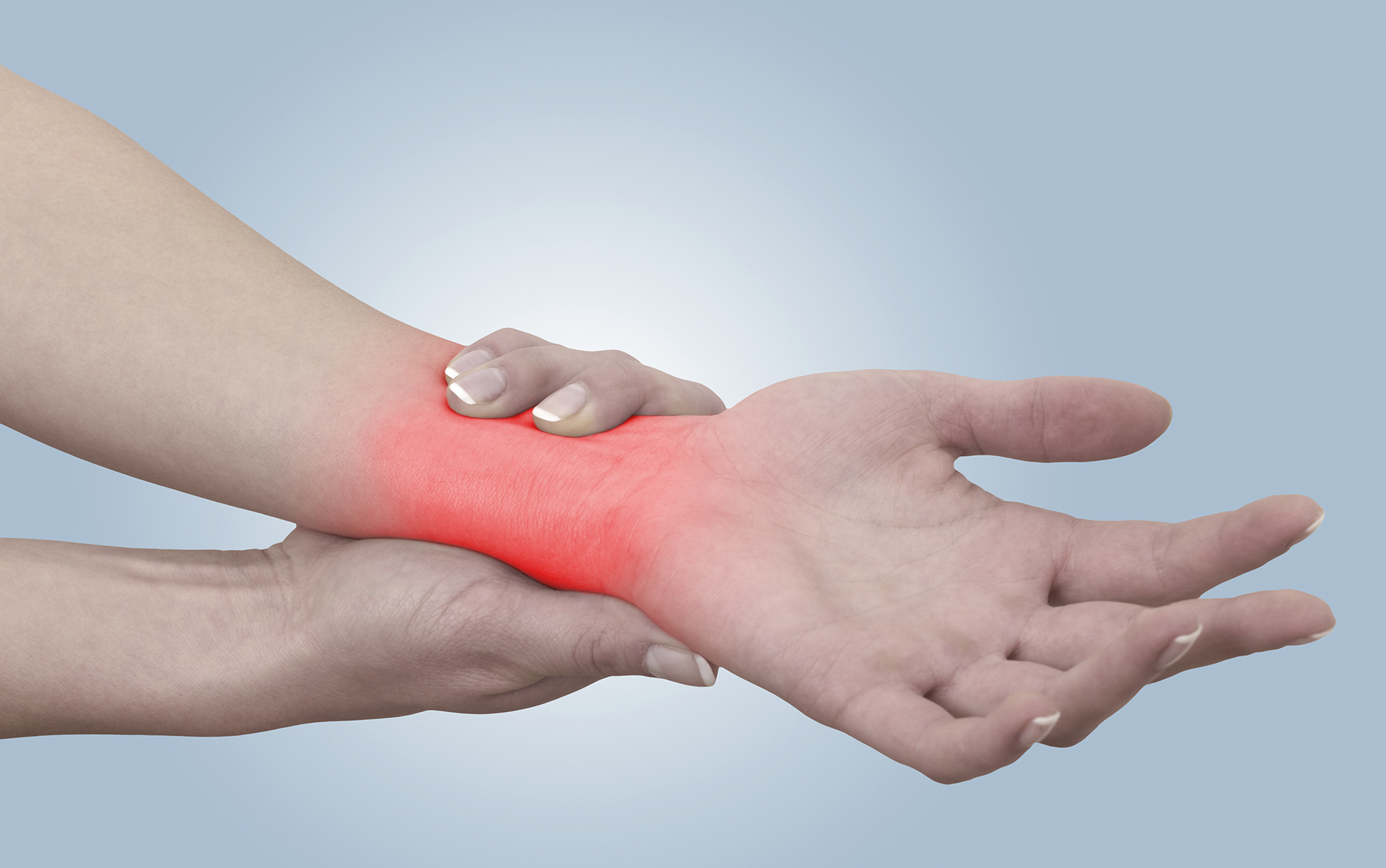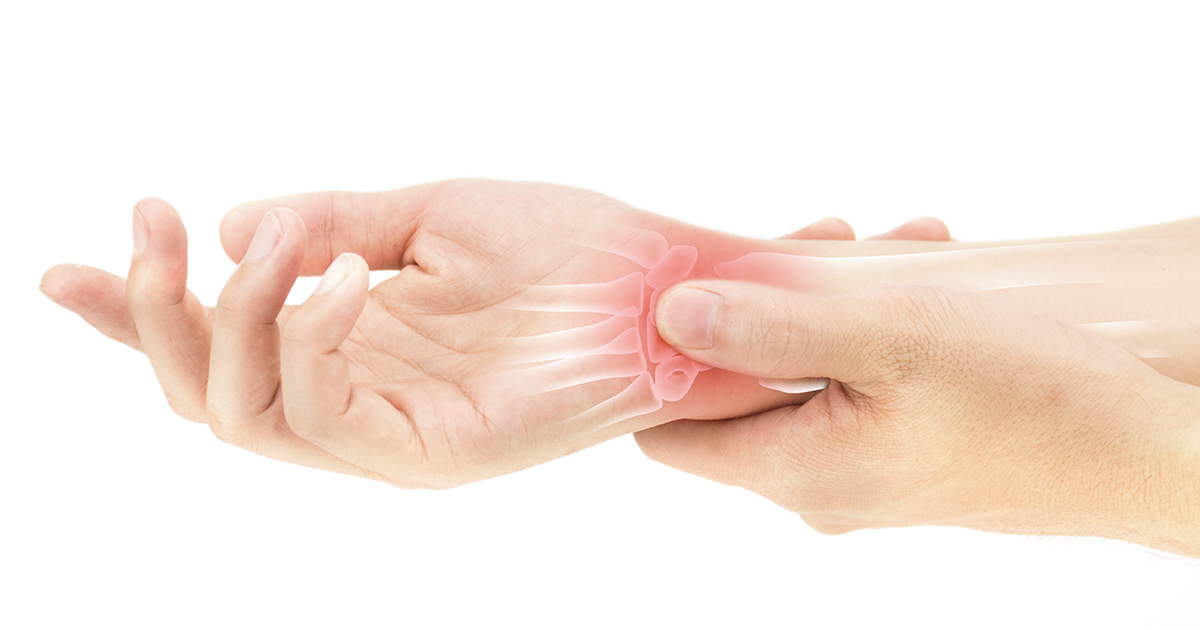Rheumatoid arthritis is an autoimmune disease that causes chronic inflammation of the joints.
Rheumatoid arthritis causes chronic inflammation that can lead to the destruction of the cartilage, bone, and ligaments, causing deformity of the joints
Who are susceptible to rheumatoid arthritis?
Rheumatoid arthritis can occur in all age groups from children to the elderly. However, it is mostly found in middle-aged patients and is more prevalent in females than male.
Causes of rheumatoid arthritis?
The exact causes of rheumatoid arthritis are unknown; however there are links to genetics, smoking, and the presence of cavities.
Rheumatoid Arthritis Symptoms
Patients will experience pain in joints, swelling, and immobility especially in the morning that may last for 1-2 hours or throughout the day. Joint pain in the morning is an important characteristic of rheumatoid arthritis and can be used to differentiate from other conditions. Pain is most severe in the hands and feet, however pain may be present elsewhere. Other symptoms of rheumatoid arthritis include: weakness, low fever, lack of appetite, dry eyes and throat, presence of bulges underneath the skin or around elbows/fingers. Cases that are left treated will result in permanent damage.

Rheumatoid Arthritis Diagnosis
In its earlier stages, rheumatoid arthritis can be difficult to diagnose due to the nature of the disease’s progression which is slow, requiring evaluation by a specialist. Diagnosis includes evaluating the patient’s condition and analyzing the affected area that is experiencing heat, swelling, and pain. A blood test will be conducted to determine the rheumatoid factor i.e. Anti CCP and ESR values. Further X-rays and MRI will be conducted which will provide a visual image of the extent of the arthritis by judging the amount of missing bone. However, there is no specific diagnosis method for rheumatoid arthritis, especially in the first 6 months.
Treatment
- Medication- There is presently numerous medications to control and treat rheumatoid arthritis that are effective. These include drugs that modify disease progression and steroid-free anti-inflammatories.
- Rest and exercise
- Prevention of further damage
- Surgery plays an important role in removing damaged area

